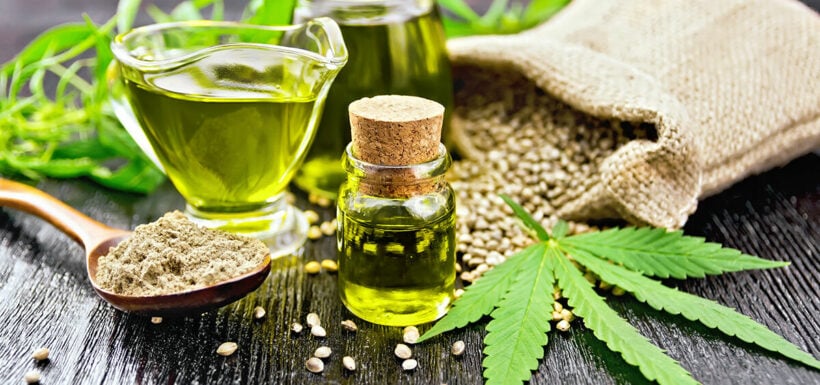Legalisation of hemp cultivation is expected to boost stocks

Thailand’s recent legalisation of hemp cultivation is expected to boost stock prices in related sectors. Market analysts at KTBST Securities Research say plantation and refinery businesses are likely to be the first to to receive licenses to grow hemp or produce extracts, and those businesses should expect an uptick in stock prices.
Market analysts add that businesses that plan to use hemp oil and extracts in products, like cosmetics, beverages and food supplements, are also expected to benefit.
“We see legalisation as a good sign for companies entering this business. We expect the government will allow companies to put hemp in more types of products.”
According to the market analysts, equities that will likely benefit are…
- Beverage stocks: Carabao Group, Osotspa, Sappe, Malee Group and Ichitan Group
- Dietary supplement stocks: RS, JKN Global Media, and MEGA Lifesciences
- Cosmetics stocks: Do Day Dream and Beauty Community
SOURCE: Bangkok Post
Latest Thailand News
Follow The Thaiger on Google News:
























